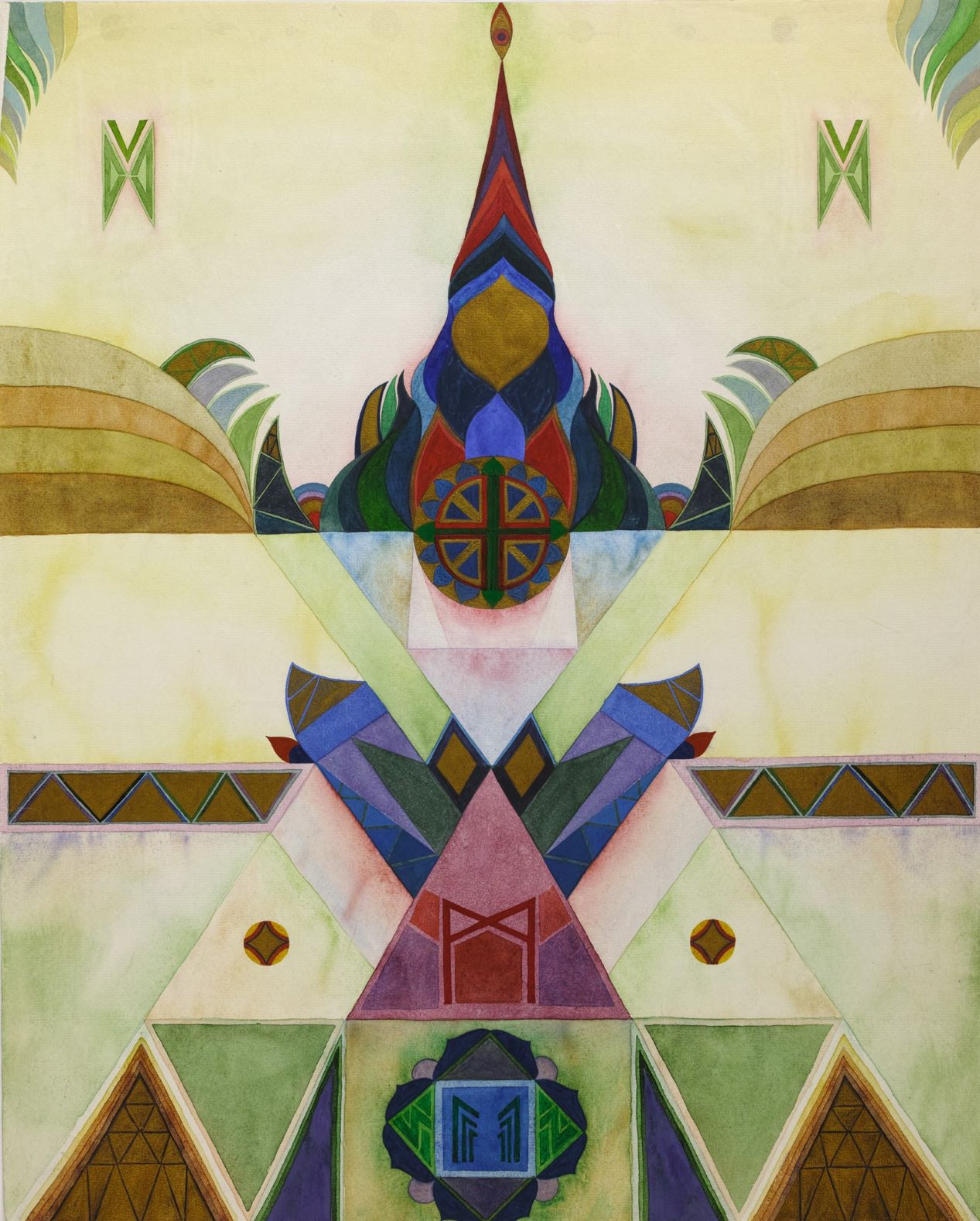Zapraszamy na XX Seminarium Feministyczne
„Wiedza wyklęta”
12 czerwca 2021, w godz. 11.00-14.00
online
Punktem wyjścia do czerwcowego Seminarium Feministycznego będzie figura Wiedźmy reprezentująca obszary wiedzy rugowane, marginalizowane i deprecjonowane w patriarchalnej wizji świata, przedstawiającej się jako „racjonalną”, „uniwersalną”, a więc jedyną słuszną i jedyną możliwą. Ta narracja, mimo iż podlegająca ciągłej dekonstrukcji m.in. w perspektywie feministycznej, studiach nad imperializmem i kolonializmem oraz nad szeroko pojętą klasowością w społeczeństwach, wciąż determinuje charakter relacji jakie w nich zachodzą, definiuje pozycję kobiet, stosunek do mniejszości, natury i praw zwierząt. Według tego paradygmatu – wyższości gatunku ludzkiego, a konkretnie jego męskiej i białej odmiany – sformatowane zostało nasze widzenie świata, eksploatowanie naturalnych zasobów dla zysku i wygody rasy ludzkiej.
„Odkrycia geograficzne” uruchomiły zawłaszczanie i niszczenie kultur pozaeuropejskich oraz wyzysk ludzi kolorowych. A procesy czarownic skutecznie przypieczętowały uprzedmiotowienie, zniewolenie i zastraszenie kobiet jako grupy społecznej, dokonując ostatecznego rozdziału kiedyś nierozerwalnych sfer – mocy kobiecej seksualności i sacrum. System zarządzania społeczeństwami oparty na przemocy grup roszczących sobie prawo do przywilejów wobec pozostałych, dzięki będącym w jego służbie religii, filozofii, nauce, medycynie oraz sztuce, wytworzył instytucje legitymizujące i usprawiedliwiające jego działania. Nie mógłby jednak tak sprawnie i długofalowo działać, bez zarządzania wiedzą, decydowania o tym kto może w jej tworzeniu uczestniczyć, kto ma do niej dostęp, a przede wszystkim w jaki sposób jest ona konstruowana. Jaki tekst może być uważany za naukowy? Jaki rodzaj aktywności twórczej to sztuka?
Otrzymałyśmy bardzo dużo zgłoszeń, postanowiłyśmy podzielić tę edycję Seminarium na dwie części, oto program pierwszej:
Anka Leśniak, Annamarija Batista: „Witches, Orientalism & Unconsciousness as Protagonists of Viennese Modernity”;
Marta Kudelska: „Magia, groza, spirytyzm – trzy „wiedźmy” współczesnej sztuki”;
Nina Hobgarska: „Urszula Broll. Komunikaty z innego świata”;
Małgorzata Rybak: „Czarna Wenus”;
Katarzyna Oczkowska: „Jeśli jesteś kobietą i odważysz się zajrzeć w głąb siebie, jesteś czarownicą. Ciało Dariny Alster”;
Katarzyna Sienkiewicz: „Tkackie zaklinanie”.
Seminarium jest wydarzeniem towarzyszącym wystawie “Witches, Orientalism and Unconsciousness as Protagonists of Viennese Modernity”, artystki: Ana Hoffner, Anka Leśniak, kuratorka Anamarija Batista, Austriackie Forum Kultury w Warszawie.
Na zdjęciu: Urszula Broll, „Tajemna Góra”, 1997, akwarela, papier, wł. R.Urbanowicz, fot. T.Mielech. Dzięki uprzejmości Fundacji Katarzyny Kozyry
_____________________________
Feel cordially invited to the 20th Feminist Seminar
„Cursed Knowledge”
12 June 2021, 11 AM – 2 PM
online
This June, the Feminist Seminar revolves around the Witch figure. The Witch represents everything that is eliminated, marginalised and belittled in the patriarchal vision of the world, which posits itself as “rational”, “universal”, and therefore as the only right and possible vision. Although this narrative undergoes an ongoing deconstruction, for example in feminism, studies on imperialism, colonialism and broadly understood class issues in societies, it continues to determine social relations. It defines the position of women, attitudes to minorities, nature and animal rights. This paradigm of superiority of the human species, or more precisely its male and white representatives, has formatted our worldview, leading to the exploitation of natural resources for the sake of profit and comfort of the human race.
“Geographical discoveries” unleashed the appropriation and destruction of non-European cultures and the exploitation of people of colour. Witch trials effectively sealed the objectification, enslavement and intimidation of women as a social group, introducing an ultimate division between once inseparable spheres: the power of female sexuality and the sacred. The social management system based on violence perpetrated by groups claiming privilege over others, with the help of religion, philosophy, science, medicine and art at its service, created institutions that legitimise and justify its actions. However, it could not operate so effectively and for so long without knowledge management: choosing those who can participate in building it, who have access to it, and above all determining the manner of knowledge construction. What kind of texts can be deemed scientific? What kind of creative activity is art?
We have received numerous submissions and decided to divide this Seminar edition into two parts.
Programme of the first part:Anka Leśniak, Annamarija Batista: “Witches, Orientalism & Unconsciousness as Protagonists of Viennese Modernity”;
Marta Kudelska: “Magic, Horror, Spiritism – the “Three Witches” of Contemporary Art”;
Nina Hobgarska: „Urszula Broll. Messages from Another World”;
Katarzyna Oczkowska: “If You Are a Woman and Dare to Look Inside Yourself, You Are a Witch. The Body of Darina Alster”;
Katarzyna Sienkiewicz: „Casting a Weaver’s Spell”;
Małgorzata Rybak: “The Black Venus”.The Seminar accompanies the exhibition “Witches, Orientalism and Unconsciousness as Protagonists of Viennese Modernity”, artists: Ana Hoffner, Anka Leśniak, curator: Anamarija Battista, Austrian Cultural Forum in Warsaw.
Photo: Urszula Broll, „Secret Mountain”, 1997, watercolor on paper, photograph: T. Mielech. Courtesy of Fundacja Katarzyny Kozyry and R. Urbanowicz


